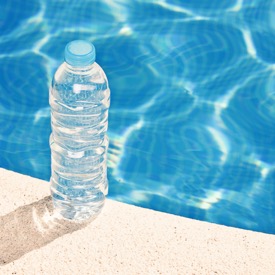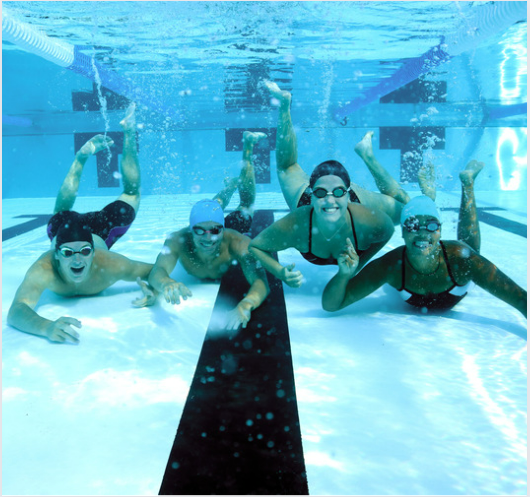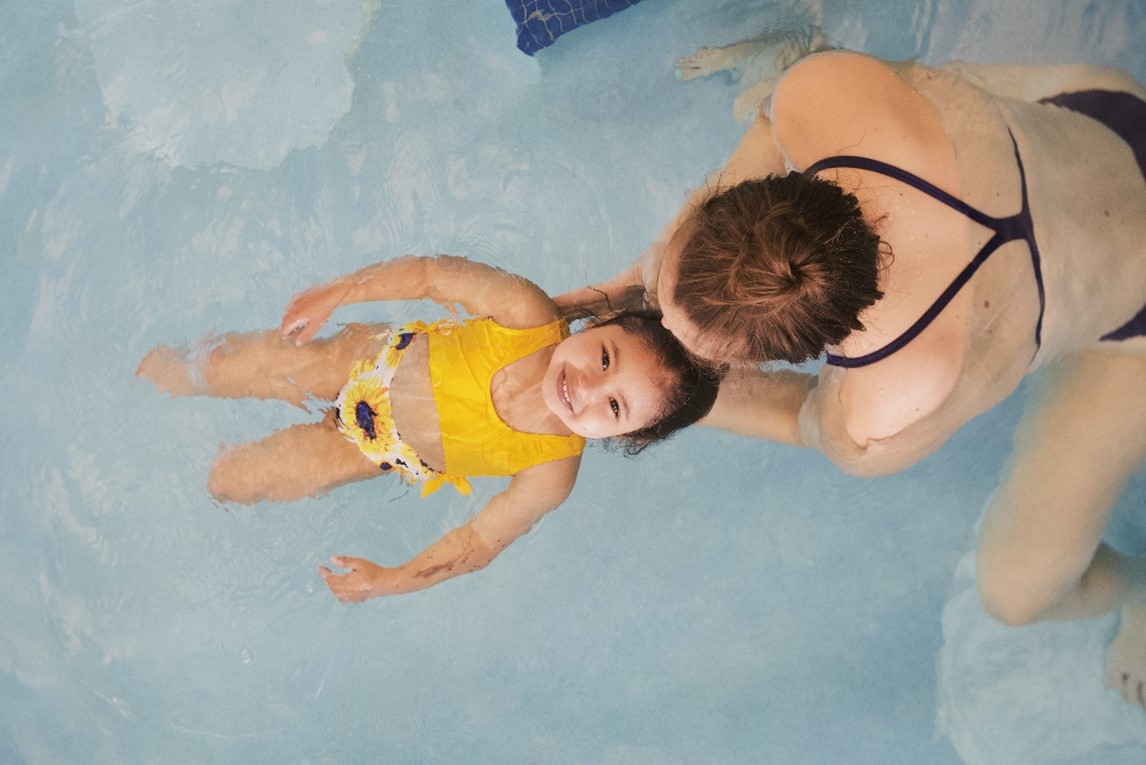Injury Prevention
1. Stretching
Simple right? Yet how many of us actually make time to stretch as part of our daily routine. It’s an investment in your body’s future. Even five minutes a day can make a long term impact.
2. Warm up/Cool down
Insuring your body is adequately warmed up before pushing your limits is another key to staving off injury. Giving muscles time to stretch and lengthen will help you ward off later pains. Likewise cooling down helps protect muscles after a rigorous training session.
3. Ice
Is awesome. After particularly rough days a bag of frozen peas or crushed ice feels like heaven on fatigued muscles. If you have known problem areas icing regularly can be a huge help in injury prevention.
4. Massage
You know you deserve it! Treat yourself and your body to massage therapy as least once a month. Massage therapy can help resolve existing issues and prevent new ones. Plus they are relaxing and rejuvenating. A win-win scenario if I ever saw one.
5. Hydration
Hydrated muscles are happy muscles and they recover faster!
 Hydration
Hydration
1. Water First
Carry it around with you, make it easily accessible. Don’t like water? Infuse it. Fruits, herbs, and veggies even. Let them sit overnight in a gallon of water and ta-da! Instant good tastes. Fun combo: lavender and lemon with a bit of vanilla.
2. Keep Track
Be aware of your water consumption especially if you are an athlete. If you aren’t drinking at least a gallon of water in a day you will be negatively affected by varying levels of dehydration. Studies have consistently shown the positive effects of drinking water constantly throughout the day. From brain to muscle function, being well hydrated makes for a happy body.
3. Sports Drinks
In moderation can be highly beneficial. Water lacks the necessary sodium our bodies need to retain fluids and some of these drinks can help. Water should still be your first choice, but if you are working out for over an hour at high rates of intensity you will likely need more than just water.








Leave a Comment
Your email address will not be published. Required fields are marked *